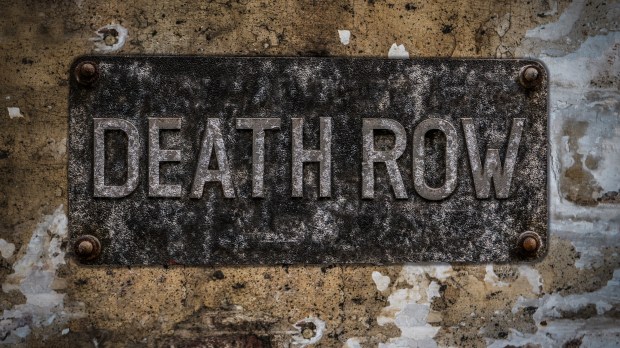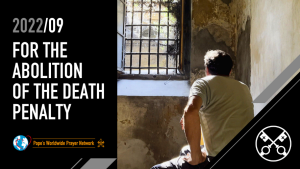On March 1, 1847, the state of Michigan became the first English-speaking territory in the world to abolish the death penalty. To mark the day and draw attention to the issue, Education for Justice, a project of the Ignatian Solidarity Network, announced an “International Death Penalty Abolition Day: Prayer Service” and has offered a prayer and program for individuals and groups to pray together for the end of capital punishment.
It is a cause close to the Church’s heart, which has for many years discouraged the use of the death penalty in all cases but those where it is the only way of effectively defending human life. Since August 2018, the Church’s position has become even stronger.
On August 2, 2018, the Vatican announced it had changed the wording in the Catechism of the Catholic Church on the issue, calling the death penalty “an attack on the inviolability and dignity of the person” and deeming it “inadmissible” in all cases.
The new version of Catechism No. 2267 also calls Catholics to “work with determination” to abolish capital punishment where ever it is still practiced.
Two years after this change, on October 3, 2020, Pope Francis issued an encyclical called Fratelli Tutti (“All Brothers”) — his third encyclical since becoming pope in 2013 — which reiterated this position on the death penalty and called Christians to work against it.
There are numerous arguments used to highlight the problems with the death penalty. One of them is that it’s difficult, even in modern western societies, to ensure that only those who are guilty of heinous crimes are condemned to death.
Some stats from the Equal Justice Institute, a nonprofit that “provides legal representation to people who have been illegally convicted, unfairly sentenced, or abused” and challenges the death penalty and excessive punishment and provides re-entry assistance:
- 190 people have been exonerated and released from death row since 1973
- 1,548 people have been executed in the US since 1973
- For every eight people executed, one person on death row has been exonerated.
Wrongful convictions occur for many reasons: false or coerced confessions, false or misleading forensic evidence, false accusations or perjury by witness promised lenient or other incentives for their testimony, erroneous eyewitness identifications, and inadequate legal defense.
According to the EJI, the death penalty is mostly imposed on disadvantaged people who can’t afford an effective lawyer.
The failure to provide adequate counsel to capital defendants and people sentenced to death is a defining feature of the American death penalty. Whether a defendant will be sentenced to death typically depends on the quality of his legal team more than any other factor.
According to the Death Penalty Information Center, more than 70% of the world’s countries have abolished capital punishment in law or practice. The United States is one of the few countries in the Western Hemisphere that still allows it, with laws varying from state to state.



